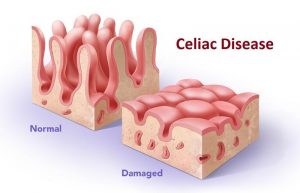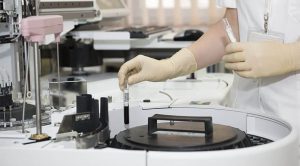Deficient Expression of Genes Involved in the Endogenous Defense System against Transposons in Cryptorchid Boys with Impaired Mini-Puberty.
Mini-puberty is the period between 30 and 80 days after birth when testosterone and gonadotropin surges occur in male infants to induce the transformation of gonocytes into adult/dark spermatogonia. Cryptorchid boys with impaired mini-puberty develop infertility despite timely and success-ful surgical treatment. The decreased germ cell count found in this group of boys could be the result of uncontrolled transposon activity inducing genomic instability and germ cell death. A genome-wide analysis of 18 cryptorchid and 4 control testes was performed with Affymetrix chips. We found that 5 of 8 genes that are important for transposon silencing were not expressed in the high azoospermia risk group of cryptorchid boys but were expressed in the low azoospermia risk and control groups. Two genes, CBX3 and DNMT1, were equally expressed in all 3 groups. Impaired ex-pression of the DDX4, MAEL, MOV10L1, PIWIL2, PIWIL4, and TDRD9 genes in the group of cryptorchid boys at high risk of infertility indicates that gene instability induced by impaired expression of transposon silencing genes contribute to the Cryptorchidism represents one of the most frequent causes of azoospermia in men [Fedder et al., 2004]. Download complete article




